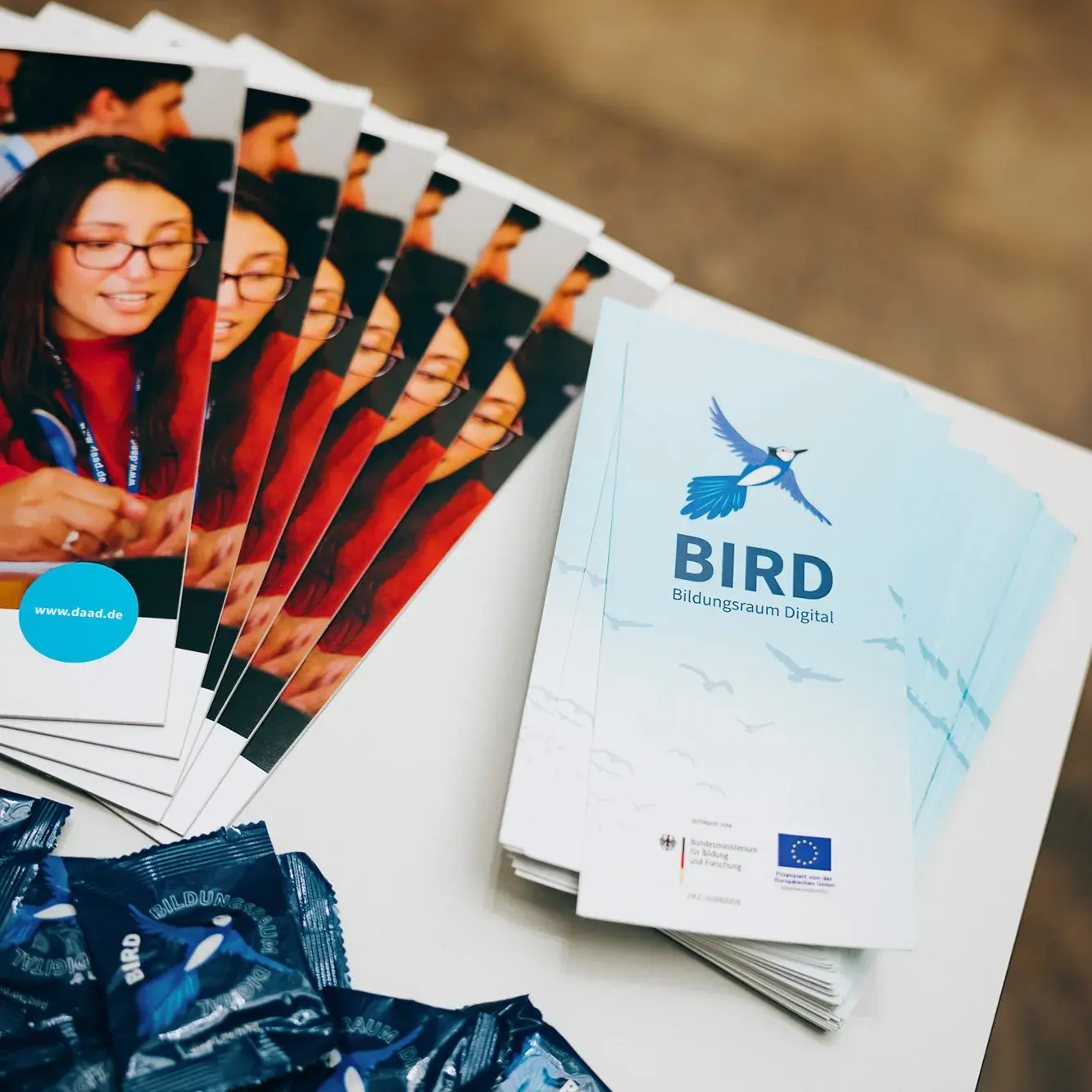

Information Experience Design Research Group
Die Forschung zu Information Experience wurzelt im Informationsdesign und beschäftigt sich mit Grundlagen und Methoden, um Erleben von Informationen und Informationsmedien besser zu verstehen und wirkungsvoll zu gestalten. IXD setzt gegenüber klassischem Informationsdesign mit dem Fokus des Erlebens von Informationsinhalten und -medien – der Information Experience – neue Forschungsprioritäten. Ziel ist es, Prinzipien und theoretische Grundlagen des Erlebens der Nutzung von Informationsmedien zu erforschen und gewonnene Erkenntnisse für die Aufbereitung und Gestaltung von Informationen sowie Technologien nutzbar zu machen. IXD versteht sich als Forschungsgruppe, die Design Research betreibt. Gestaltung von Information, Kommunikation und Medien sind Ausgangspunkt sowie Mittel und Ziel der Forschungsarbeiten.
Mitwirkende
Die Leitung der Research Group IXD




Das Team
Sarah Bacher
Tanja Brodbeck
Amelie Bustorff
Jana Falkner
Dr. Steffen Gottschling
Christina Haspel
Andrea Keszeg
Manuel Kulzer
Dr. Magdalena Laib
Anika Piccolo
Nada Pohl
Luca Randecker
Franziska Träuble
Johanna Weitbrecht
Alexandra Wenzel